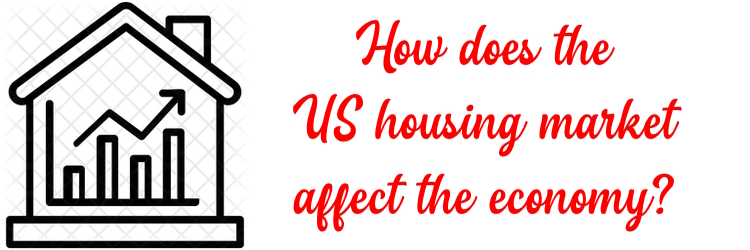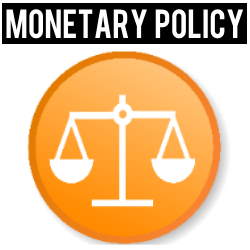How does the US housing market affect the economy?
The US housing market plays a significant role in the overall economy, and its performance can have both positive and negative effects on the broader economic landscape. Here are a few ways in which the US housing market affects the economy:

Table of Contents
Ways in which US Housing Market Affect Economy
Consumer Spending
When the US housing market is strong, it can lead to increased consumer spending. For example, during the mid-2000s, housing prices were on the rise, and homeowners were taking out home equity loans to finance purchases such as cars, boats, and vacations. This increased consumer spending contributed to economic growth. However, when the housing bubble burst in 2008 and housing prices plummeted, homeowners were less likely to spend money, which contributed to the 2008 financial crisis.
Employment
A strong housing market can create jobs in the construction industry and related fields. For example, in 2020, the COVID-19 pandemic caused a temporary dip in the US housing market, which led to a decline in construction jobs. However, as the housing market rebounded in 2021, construction jobs increased, contributing to overall job growth.
Economic Growth
The housing market can also contribute to economic growth by increasing consumer confidence and spending. For example, when housing prices rise, homeowners feel wealthier and are more likely to spend money on home improvements or other purchases. This increased spending can stimulate economic growth. However, when housing prices fall, homeowners may feel less wealthy and be less inclined to spend money, which can have a dampening effect on economic growth. The 2008 financial crisis is an example of how a weakened housing market can lead to an economic downturn.
Wealth Distribution
The US housing market can also impact wealth distribution. When housing prices rise, homeowners with significant home equity may feel wealthier and have more resources to invest in other areas, such as the stock market. This can lead to increased income inequality if only a small percentage of the population owns homes or has significant home equity.
Interest Rates
The housing market is also impacted by interest rates, which can have a ripple effect throughout the broader economy. When interest rates are low, it becomes more affordable for homebuyers to obtain a mortgage, which can stimulate demand for housing and contribute to economic growth. When interest rates increase, it can become more challenging for potential homebuyers to afford a mortgage, which can reduce the demand for housing. This is because higher interest rates mean higher borrowing costs, resulting in increased monthly payments for homebuyers. As a result, some potential buyers may be deterred from purchasing a home, leading to a decrease in the overall demand for housing..
Government Policies
Government policies can also impact the housing market and the economy. For example, during the 2008 financial crisis, the US government implemented policies such as the Troubled Asset Relief Program (TARP) and the Home Affordable Modification Program (HAMP) to help homeowners avoid foreclosure and stabilize the housing market. These policies had a significant impact on the economy and contributed to the recovery from the financial crisis.
Real Estate Investment
The US housing market is also a significant source of investment for individuals and corporations. Real estate investment can lead to economic growth by stimulating demand for housing and related services. However, when real estate investment is overly speculative or driven by unsustainable trends, it can contribute to economic instability and bubbles, as seen in the 2008 financial crisis.
Mortgage Market
The mortgage market is closely linked to the housing market and plays a critical role in the broader economy. When the mortgage market is functioning well, it provides access to credit for homebuyers and supports economic growth. However, when the mortgage market experiences instability, such as during the subprime mortgage crisis, it can lead to a wider economic crisis.
Regional Economic Impacts
Finally, it is important to note that the US housing market can have significant regional economic impacts. For example, in cities with high housing prices, such as San Francisco or New York City, high housing costs can lead to increased living expenses, which can make it difficult for businesses to attract and retain talent. Additionally, when regional housing markets experience volatility, such as in areas impacted by natural disasters, it can have a significant impact on the local economy.
Conclusion
The US housing market has a range of impacts on the broader economy, including through real estate investment, the mortgage market, regional economic impacts, and more. Understanding these impacts is essential for policymakers, investors, and individuals to navigate the complex relationship between housing and the broader economy



